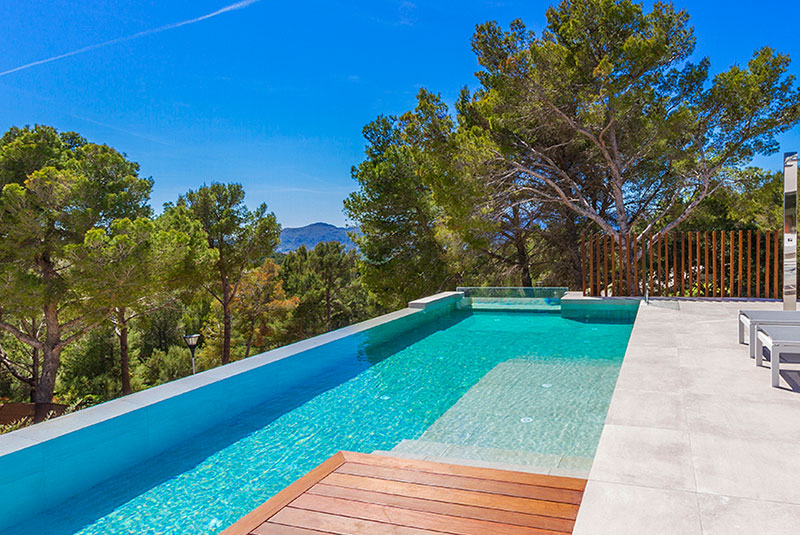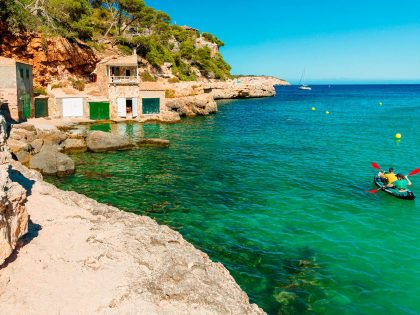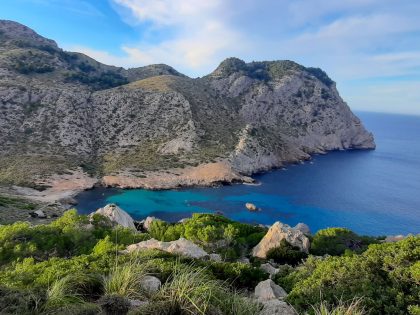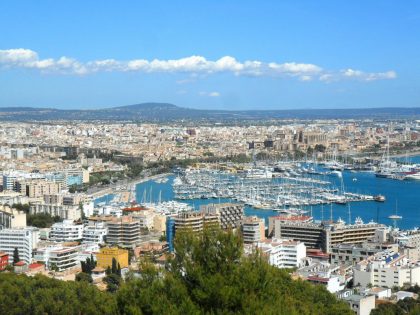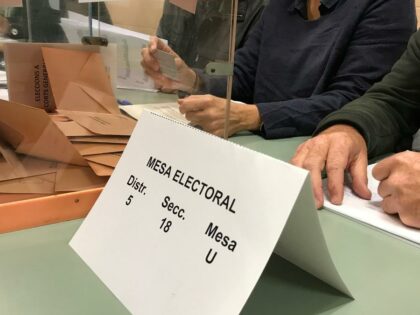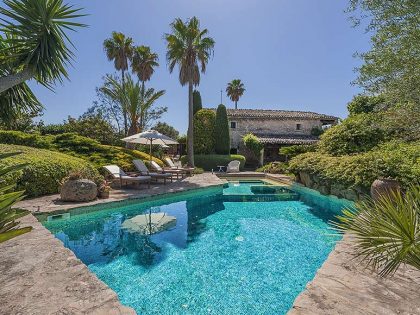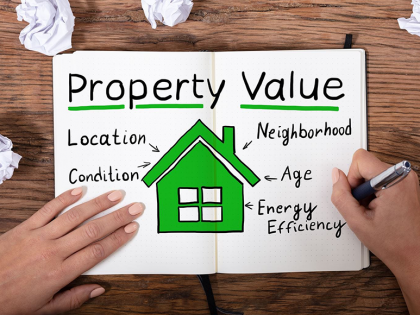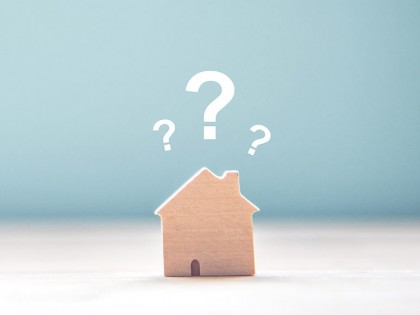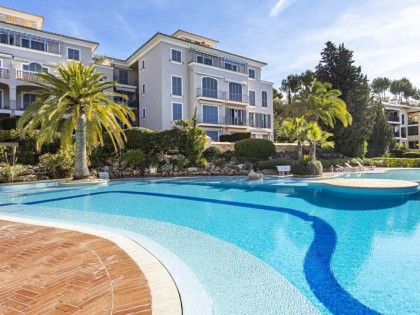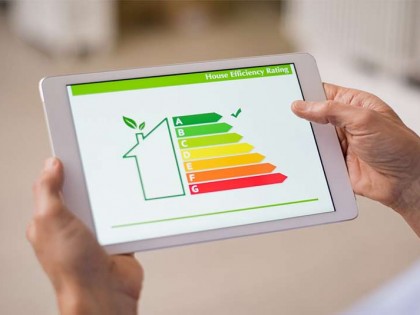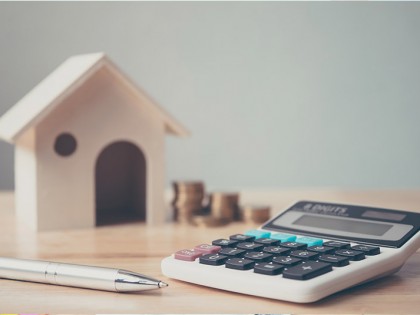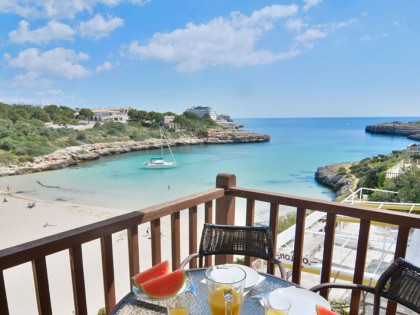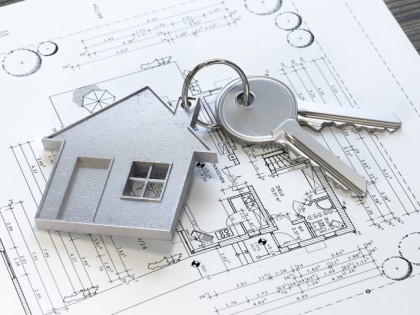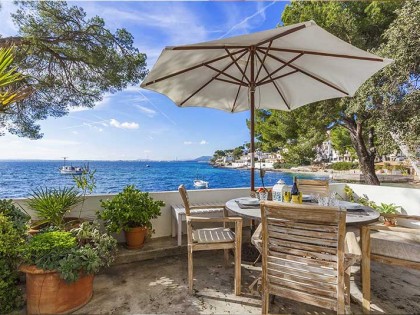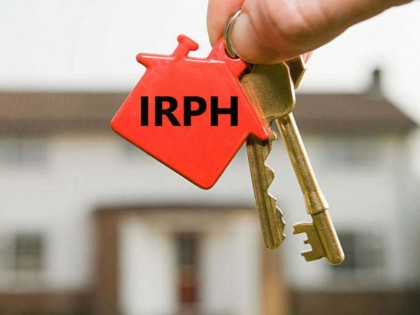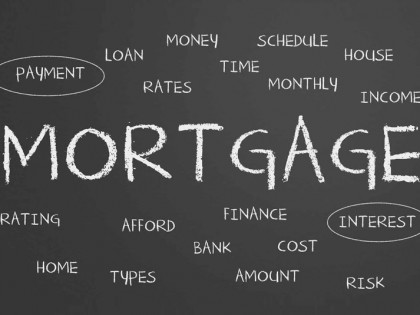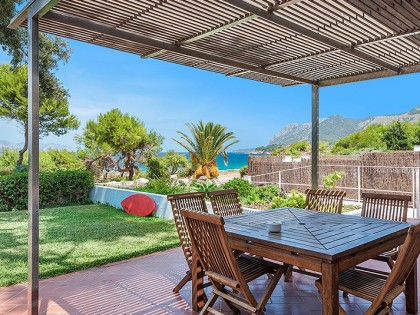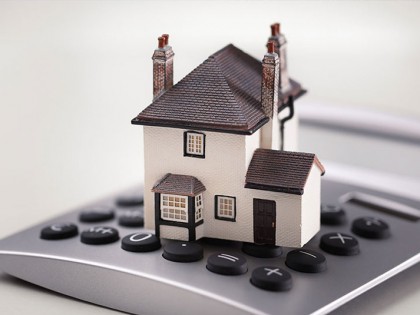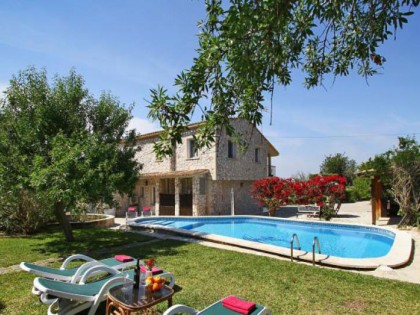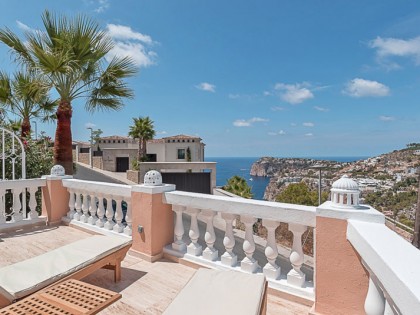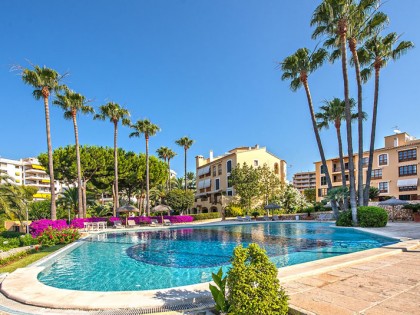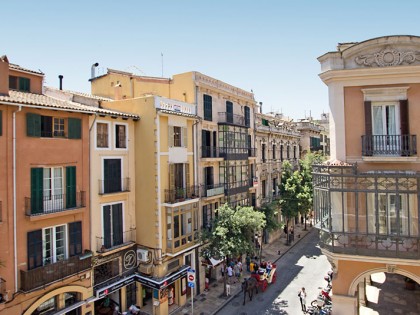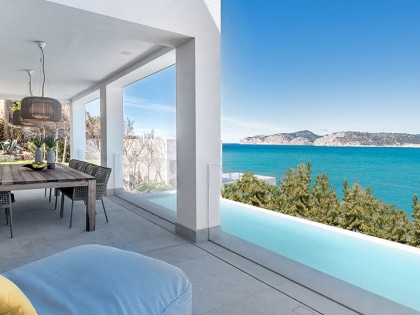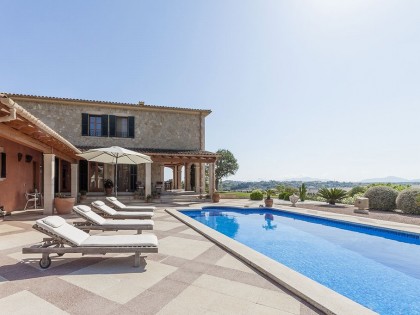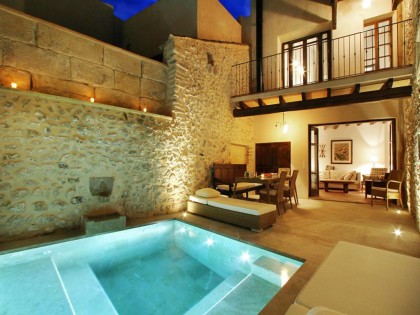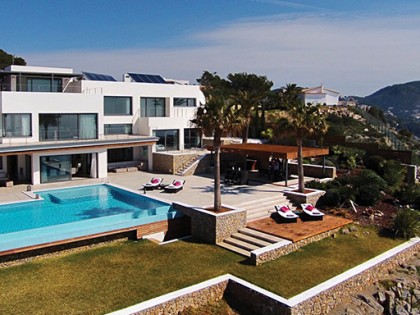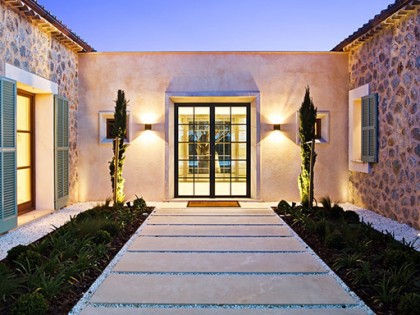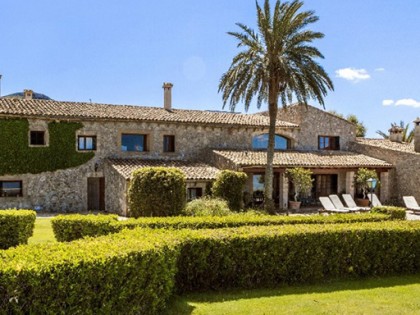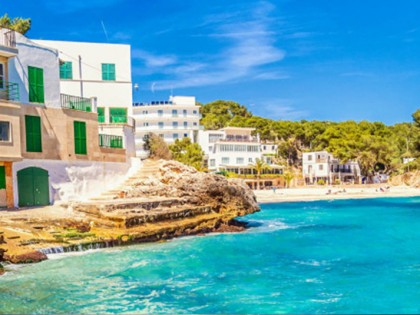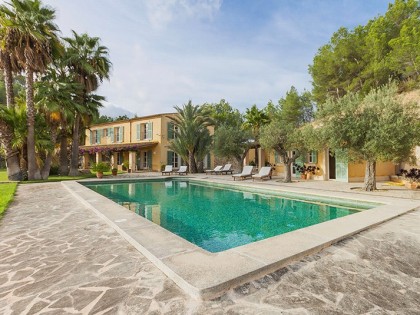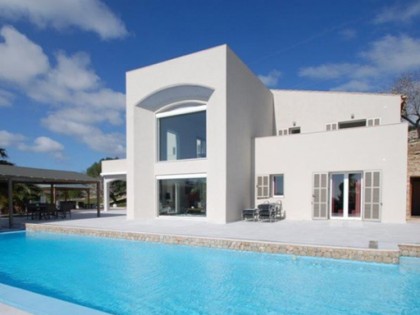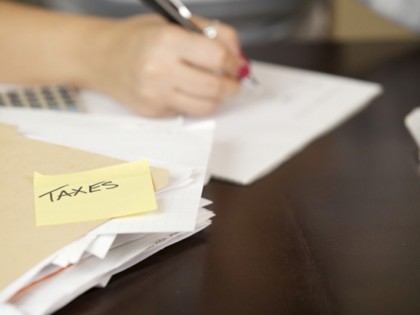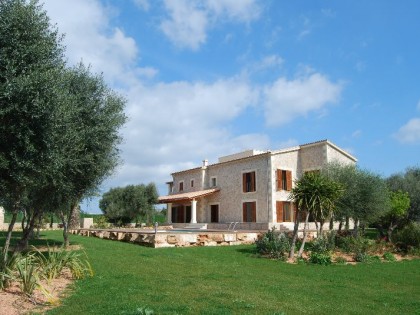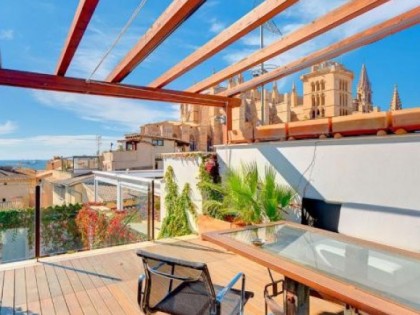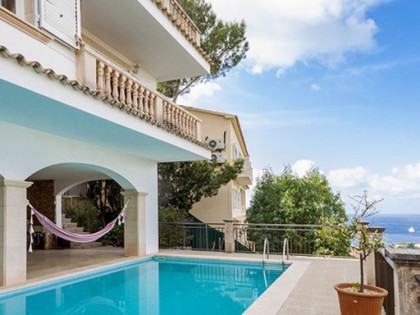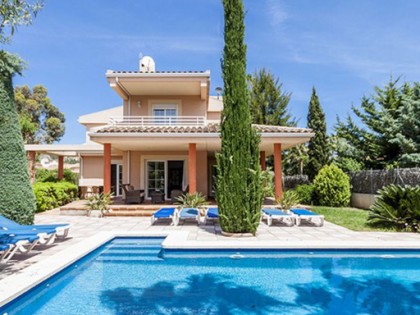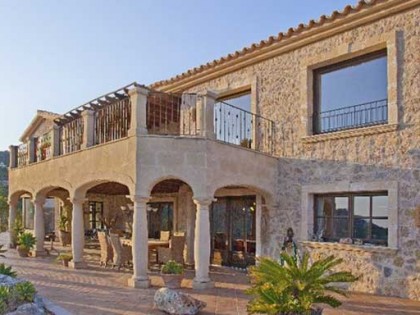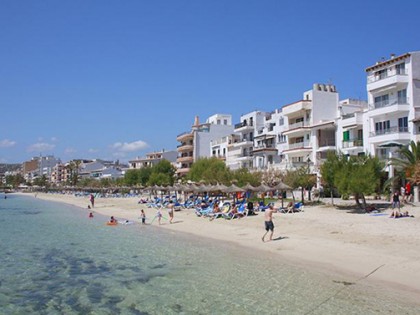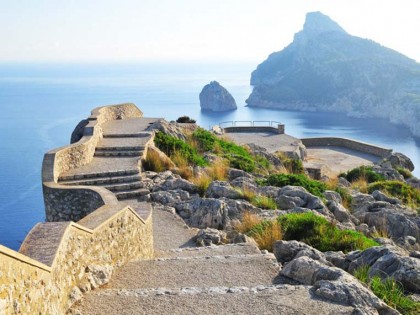Renting out property and buying property is an ever-rising investment. Procedures can vary by situation and you may incur some unexpected expenses if not well researched. Depending on your budget a real estate agent or bank are the ones dealing with most of it on your behalf, however it is always beneficial to be aware of the process. As the tenant, there are a couple of things you’ll need to be aware of to ensure that you stay protected, and we will cover this below.
Different types of property rentals in Spain and Mallorca
Holiday Rentals & Tourist Lets:
If you are planning on renting out your property for up to 1 month, it is considered as a holiday rental. By law, all types of properties can obtain touristic licences. You’ll have to keep in mind that the Consell de Mallorca has devised a zoning plan, PIAT, where each zone determines whether touristic rentals can take place within a given area and if so, what types of properties are allowed to conduct such activity. To find out where your property is on this map, click here. Certain rental types such as semi or detached villas are able to get an ETV365 licence with no expiry date. If you’re looking to rent out more than one property, you will need an ETV365-Pluri licence which will expire after 5 years.
If you are looking to apply for a holiday rental licence, you can do so here.
Non-Touristic Property Lets:
If a property is being let out for longer than 1 month, it is classified as a non-touristic let. For this you will not need to apply for a specific licence, however there are procedures that you’ll need to follow to ensure that you comply with the law. You’ll need to ensure that with non-touristic property lets, you don’t offer services similar to a hotel would such as transfer to the airport, cleaning services and so on, and your contract will have to state this.
What to be aware of when renting a property in Mallorca?
When renting a property in Spain you should count on initial expenses equivalent to 6 months worth of rent. The first expense you will have is probably a down payment to remove the property from the market, and this is usually then deducted from the first monthly rent. If a contract is not signed in the end that amount might eventually be returned to you, if the owner/agency agreed to do so.
At the time the contract is signed, apart from the first monthly rent that will be paid in advance, you will be asked to pay a deposit, 1 or maximum 2 months worth of rent. This amount must be passed on to the corresponding autonomous entity, who will be responsible for returning it when the contract is terminated, if the tenant has nothing outstanding to pay and if there were no contract breaches or property damages – which are the reasons the deposit is held for in the first place.
It is advisable to confirm the name of the property owner on the Housing Property Registry and to file the rental contract with that entity, which protects you in case the property is sold.
Real estate agencies charge a commission for their services,, which is sometimes shared between landlord and tenant, but it is not so uncommon that the cost is 100% on the tenant.
Additional Charges to Keep in Mind When Renting a Property:
Some other procedures not to forget, and that can add more expenses too, are: changing the account holder of electricity, water and gas meters; get Home Contents Insurance (the actual property structure should be insured by the owner) and buying or moving your own furniture in case the property in not furnished.
What Costs are Associated With Buying a Property?
If you are considering buying a property, you should know the costs associated with it round 10-15% of the property value. You will start by paying a deposit to remove the property from the market (usually 5-15% of the property asking price and that will be deducted from the total sale price) and signing a pre-sale contract that outlines the property details and payment procedure agreed with the seller. For this, you should request all legal information associated with the property from the Housing Property Registry and the local Town Council.
In case you need a mortgage to buy the property, you will need to choose the most convenient one for you, considering the guidance from the Bank of Spain that the monthly amount of the mortgage should not exceed 30% of your income. You will also need an independent valuation of the property from an official appraiser, that usually costs between 250-350€. This valuation is done according to the current market and it is an essential requirement for the bank to calculate your mortgage.
When the mortgage is approved, a certified legal document is issued that adds 1% of the property value (according to the appraisal) to the mortgage costs.
If you are buying a new property, on top of its value there will be 10% VAT (or 4% for social housing). If it is second hand, Spanish tax on property transfers will be due and it is usually between 5-10% of the property value.
The purchase-sale of the property will have to be registered on a Notary, whose fees are regulated by law and are proportional to the value of the property.
Once you are the owner of the property, you will need to file the notarised property deed (and also the mortgage deed, if there is a mortgage) with the Housing Property Registry – this cost varies according to the region and the property value. It is also advisable (but not mandatory) to change the property owner’s name at the Town Council registry.
If you have hired advisory services throughout the purchase process you will also have those agency fees to pay.
There will be some annual fees due to the town council, like the Real Estate Tax (IBI), which is around 0,4-1,1 % of the property value and Refuse Collection Tax.
Additionally, if your new property is part of a an apartment complex, you will also need to take into account community expenses, like building utility bills and insurance and in any case do not forget to change the account holder of electricity, water and gas meters and get insurance for both the property and its contents.

